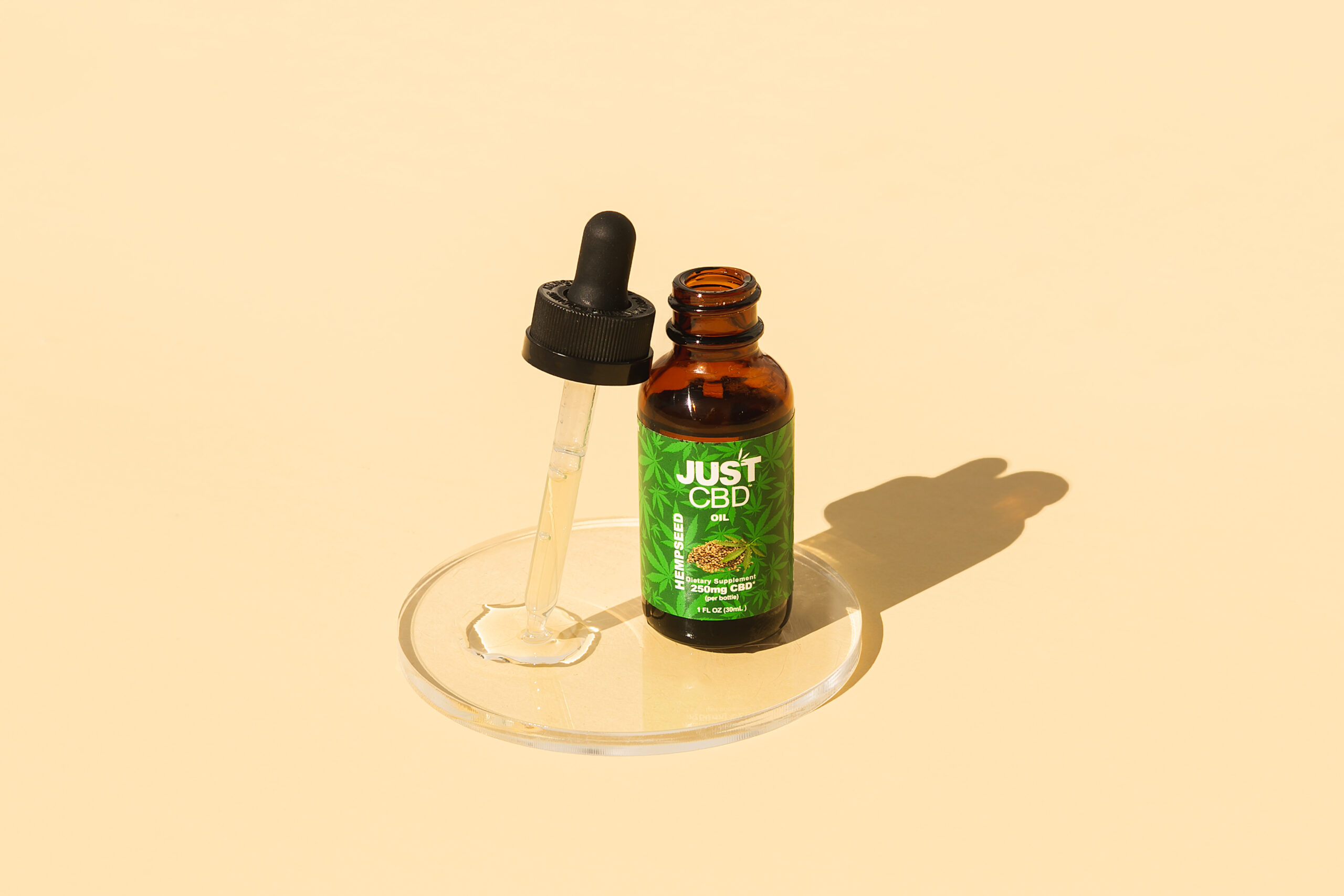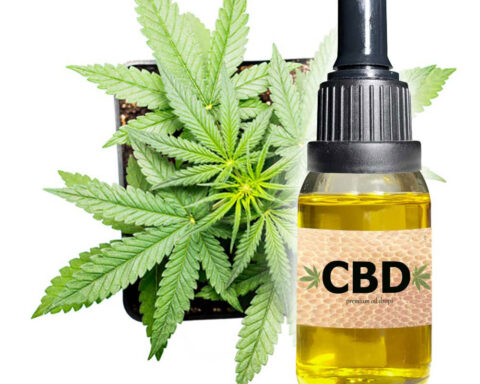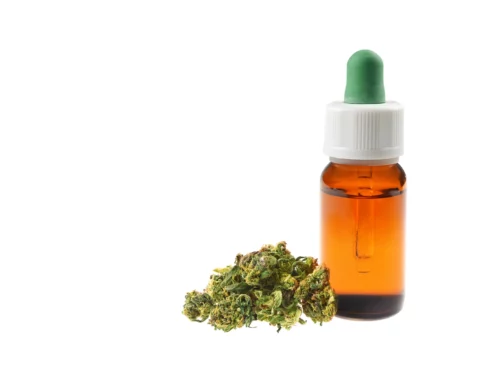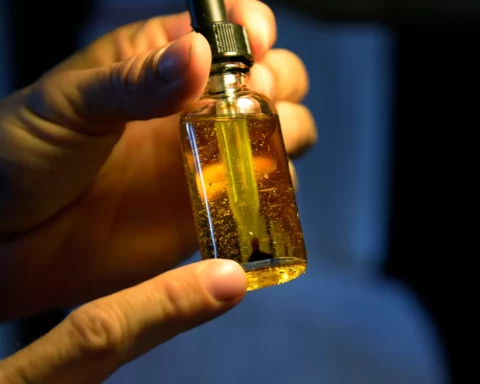CBD oil is increasing in haze every day, and the adverts and anecdotal evidence have made it seem like there is nothing under the sun that CBD oil cannot help with. It is no wonder that people use CBD oil for pain, anxiety, depression, focus, memory, concentration, and various illnesses, including arthritis, gout, cancer, and fibromyalgia. Nonetheless, there is not enough scientific evidence that can credit CBD oil for treating, healing, or curing any of these conditions. As the need and demand for CBD oil picks up from all over the world, many CBD-manufacturing brands are opening up. Still, this is not enough because CBD use and consumption are increasing steadily. As such, we now have synthetic versions of CBD oil, and this article examines how it compares with natural CBD oil.
What Is CBD Oil?
It is a naturally occurring chemical compound found in cannabis plants. It is one of the active compounds called cannabinoids in cannabis plants and has unique properties. Unlike THC, with which it is often confused, CBD is non-psychoactive and does not make one ‘high.’ CBD oil can come from marijuana or hemp plants, although most brands use hemp to manufacture their CBD oil, in line with the 2018 Farm bill that decriminalized hemp-derived CBD oil with less than 0.3% THC. CBD oil occurs in three formulations, isolates, full- and broad-spectrum forms, depending on the available cannabinoids and additional compounds.
What are Natural CBD Oil Versus Synthetic CBD Oil?
Natural CBD oil refers to the CBD oil manufactured from cannabis plants. As mentioned in the previous paragraph, CBD oil can naturally be extracted from marijuana or hemp plants using CO2, ethanol, and other substances. However, CO2 extraction is the gold standard for stripping CBD oil from the hemp space, especially because it retains the volatile compounds that add to CBD oil’s properties and does not unnecessarily allow solvents to sip into the extracts.
Following the growing demand for CBD oil, the natural CBD oil from cannabis plants may never be enough. Besides, different countries have varying CBD laws, with many still restricting THC, the psychoactive cannabinoid. However, it has been difficult to meet these standards in CBD production, especially when hemp plants are used as raw materials. Researchers have come up with synthetic CBD oil, synthesized in the lab as the name suggests. Therefore, it does not use cannabis plants but employs modified bacteria and yeast or limonene as the raw material or activator.
Is Synthetic CBD Oil Different from Natural CBD Oil?
Generally, CBD oil is not common in the market as natural CBD, primarily because of the negative connotation people attach to synthesized products. Still, THC was synthesized in the past, but it turned out that the final product was a nasty drug that caused psychosis. Clearly, industries and manufacturers have been abusing the term ‘synthetic’ and mistaking it for something else, contributing to the cold reception synthetic CBD oil is currently experiencing. Is natural CBD oil different from synthetic CBD oil?
Synthetic and natural CBD oil are alike. In fact, research shows that the two are similar in their structure, which is why they bind the same way with the CB1 and CB2 receptors of the endocannabinoid system. Most health benefits linked to CBD oil come from its properties, which have everything to do with its chemical structure. As such, it appears that we can expect synthetic CBD oil to have almost the same ‘benefits’ as natural CBD oil.
Comparison Between Natural CBD Oil Versus Synthetic CBD Oil
Despite the similarity in the chemical structures of natural and synthetic CBD oil, there are various significant differences between the two types, including;
- Unlike natural CBD oil which may have multiple cannabinoids like CBD, CBN, CBT, CBC, and THC, synthetic CBD oil exclusively features CBD and no other cannabinoid.
- Natural CBD oil has terpenes and flavonoids, compounds with hemp-promoting properties, and which also contribute to the earthy taste of CBD oil, while synthetic CBD oil has no terpenes nor flavonoids with limonene being the only terpene-like compound it has.
- Natural CBD oil is linked to a full entourage effect because of the multiple compounds it has, while synthetic CBD oil does not have such effects as it features CBD as the only compound.
Benefits and Cons of Natural CBD Oil
Natural CBD oil has picked up in haze for every good reason. Some of the pros of natural CBD oil include;
- It is all-encompassing, especially because anecdotal evidence shows that people have used it for almost every challenge. Nonetheless, there is no proof that CBD oil, natural or synthetic, helps with several conditions it is claimed to help with.
- It occurs in three formulations, with and without the psychoactive THC, accommodating all CBD users with varying needs.
- Natural CBD oil can be enjoyed in various delivery methods, including tinctures, edibles, vapes, topicals, and capsules.
Still, natural CBD oil has its fair share of cons, including;
- There is a possibility of cross-contamination in during production, and zero-THC products might end up with THC traces
- Mass production becomes difficult, especially because it relies on plants affected by seasons
- Using plants to manufacture CBD oil means that natural CBD oil can have traces of heavy metals when the cannabis plants absorb them while on the farm
Pros and Cons of Synthetic CBD Oil
The following pros are linked to synthetic CBD oil;
- Mass production is no longer a challenge since modified bacteria and yeast, and chemicals are readily available
- There is little to no possibility of cross-contamination since the synthetic alternatives focus on CBD as the only cannabinoid
- Meeting regulatory requirements has become easier since the concentrations are controlled, and no THC is allowed
- There is no possibility of traces of heavy metals being present
Still, the synthetic alternatives have cons, including;
- They lack the full entourage effect of multiple compounds
- People have different views on modifying organisms, leading to the mixed reception in the market
Conclusion
Following the many challenges that come with producing natural CBD oil, research has come up with synthetic alternatives to the cannabinoid. They are structurally similar to natural CBD oil but lack additional cannabinoids, terpenes, and flavonoids. Consequently, they are not associated with the full entourage effect of multiple compounds. Although they received mixed reactions in the CBD space, they have made it easy to operate within the framework of CBD laws.
- Is Mushroom Coffee Worth the Hype? An Expert’s Take - April 19, 2024
- Missionary Position – Least Likely To Bring You To Climax - April 7, 2023
- Vibrators could put you in Jail - March 31, 2023









